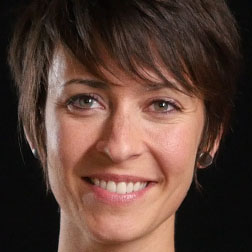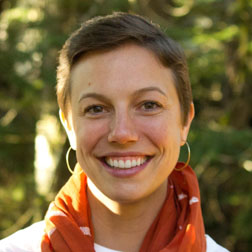Our work life today depends on our ability to effortlessly collaborate with others while executing our goals with precision and ease.
And every one of us—regardless of whether we are a leader, manager, coach, or consultant—needs to develop the awareness and skills of a facilitator in order to influence the successful outcomes of our endeavors.
As our understanding of the complexity of organizational life and human relationships evolves, many of us realize that we can no longer depend on hierarchical structures to lead the way, nor do we have the time to spend in lagging consensus or feel-good processes.
In order to help teams and groups achieve their objectives, we need to be able to rapidly assess and understand context, develop agile and effective plans, and have the skills to help a group respond dynamically throughout the process.
We need effective tools—yes—but even more, we need the presence and skill to recognize and respond to the emotion, conflict and obstacles that naturally arise in our engagements.
In order to work optimally within complex, fast paced environments, today’s innovative professionals need to be as adept on the inside as they are on the outside.
And in developing ourselves as facilitative leaders, the challenge is not to add more tips and tricks to our repertoire. Rather, it is to deepen our presence and ability to respond wisely and effectively to what is arising in the moment.
An Integral approach is a profoundly useful framework for illuminating the patterns within the complexity we are dealing with.
By addressing the deeper dimensions of group dynamics and the myriad subtleties of human interaction, an Integral approach supports us (no matter what our role) to become more effective, light on our feet, and creative in our responses to group challenges.
With practice, Integral Facilitators cultivate the capacity for presence in spite of what is going on—whether it’s anxiety, boredom in the room, or a leadership struggle.
They can flex and flow fluidly, are more creative and open, more comfortable with difference, and have less anxiety and fear.
As a result, our teams, projects and collaborations unfold with flexibility, precision and ease. Agreements get made, people follow through on their commitments, and emotion, humor and conflict can be navigated with ease.
Please join us for our upcoming Next Stage Facilitation, the foundation course in the three part Integral Facilitator Certificate Path.
More information, resources and online self-directed training is available at www.tendirections.com/offerings/online-courses/


